Ending the glorification of toxic romance in media
According to The Sidekick copy editor Pramika Kadari, the popular book series “Twilight”, portrays romance in an unhealthy way. Along with “Twilight”, a multitude of other books, films and shows glorify toxic relationships.
February 21, 2019
While I am an avid reader, it may seem like I do not enjoy romance-centered stories, whether it be in the form of books, films or shows. I criticize many of them because a slew of fictional relationships, if not simply unrealistic, are abhorrently toxic.
Reading the Twilight saga by Stephanie Meyer in sixth grade was one of my first exposures to fully-developed romance in fiction. Unfortunately, Twilight warped my perception of normal relationships by glamorizing Edward Cullen, a 17-year-old vampire who secretly watches his girlfriend, Bella Swan, sleep, and also breaks her car to prevent her from visiting her best guy friend. Likewise, in Cullen’s absence, Swan literally jumped off cliffs in order to hallucinate his voice, almost drowning herself accidentally.
According to the idea of crystallized intelligence, kids are more impressionable than adults, because their neurons and brain still have the potential to develop. Because of this, they are more likely to be impacted by damaging messages in fiction.
While fiction writers should avoid promoting harmful ideas, responsibility also lays with parents, as they should be trying to prevent media influences from negatively affecting their children.
Fortunately, my older sister helped me realize what an unhealthy portrayal this was; but many of my peers truly felt Cullen was being an amazing boyfriend because he was “protective” of Swan, which is extremely detrimental to their future lives.
“Younger generations see relationships in media and think that is the norm and that is what they should expect,” Coppell High School English teacher Stephanie Ball said. “It creates a false illusion.”
When accused of painting her Twilight characters as bad role models, Meyer claimed that young readers should not be looking to fiction for role models. But it’s not a matter of should or shouldn’t – we do. My persona has undeniably been influenced by a plethora of characters I’ve read about at a young age, and while there is nothing wrong with writing about an unhealthy relationship or weak female characters, glamorizing that unhealthy relationship and that weakness is ethically immoral.
… while there is nothing wrong with writing about an unhealthy relationship or weak female characters, glamorizing that unhealthy relationship and that weakness is ethically immoral.
— Pramika Kadari
Blair Waldorf from the classic television drama Gossip Girl is one of my favorite female characters, but her “iconic” relationship with Chuck Bass – which is actually toxic – nearly made me quit the show. Despite the fact he sold her for a hotel and smashed a window above her when she said she would marry someone else, they end up together in the end.
A large part of Waldorf’s character throughout the later seasons is her burning ambition to become a “powerful woman” – a phrase she uses dozens of times. Yet, she does the opposite in her love life when she marries Bass, who once treated her “like something he owned” (to quote Waldorf herself). Although Bass’s character development eventually transformed him into a better person, portraying their relationship with a happy ending implies that girls should forgive guys who treat them like property, which is absolutely not OK.
There’s an old saying that “the pen is mightier than the sword”. From Upton Sinclair transforming the 1900s’ meat industry through his novel The Jungle, to J.K. Rowling sparking a love of reading in millions of children worldwide with Harry Potter, storytellers have the power to influence those around them.
Instead of using that power to romanticize toxic relationships, they should romanticize the ones that are actually romantic.




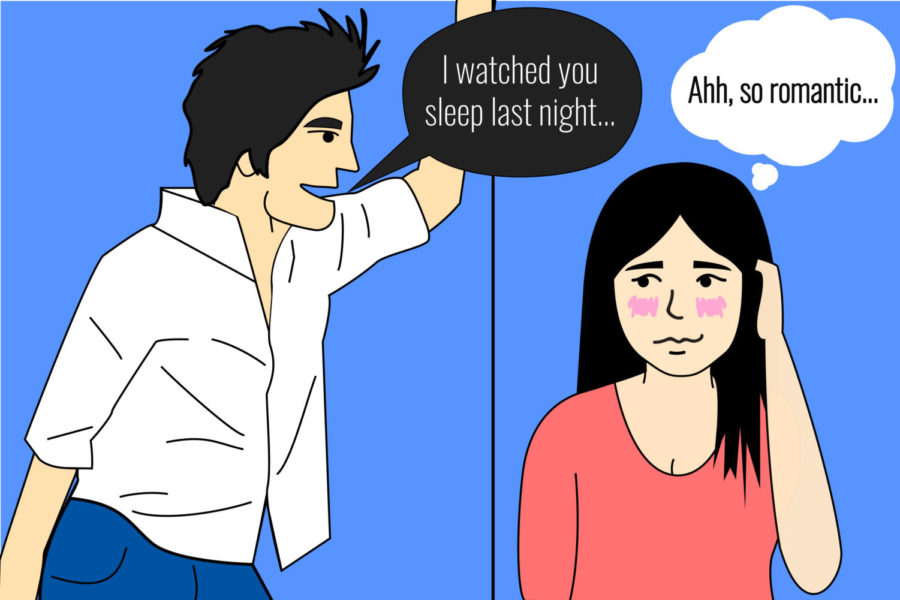
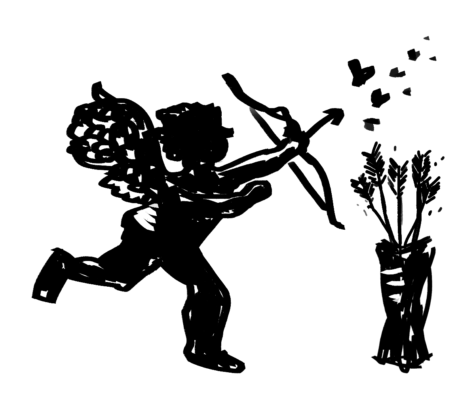
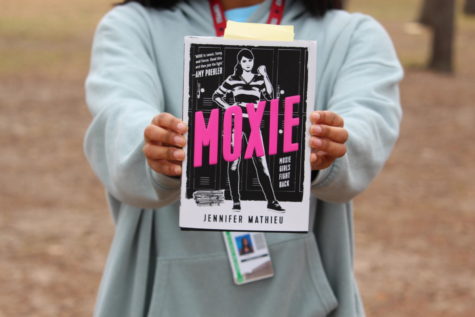
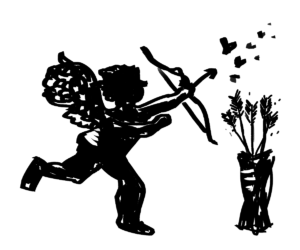
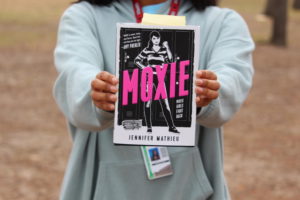








lee • Sep 12, 2019 at 8:07 am
This is an amazing article. I love how you stated all the insights you put into each of the topics discussed. More power!
Charlotte Vanyo • Feb 25, 2019 at 9:20 pm
This is a great story Pramika! I know so many people who have really obscured ideas of what relationships are supposed to be like from movies, books, social media and TV. It’s a huge problem in our generation.
Pramika Kadari • Mar 5, 2019 at 10:08 am
Thanks!!